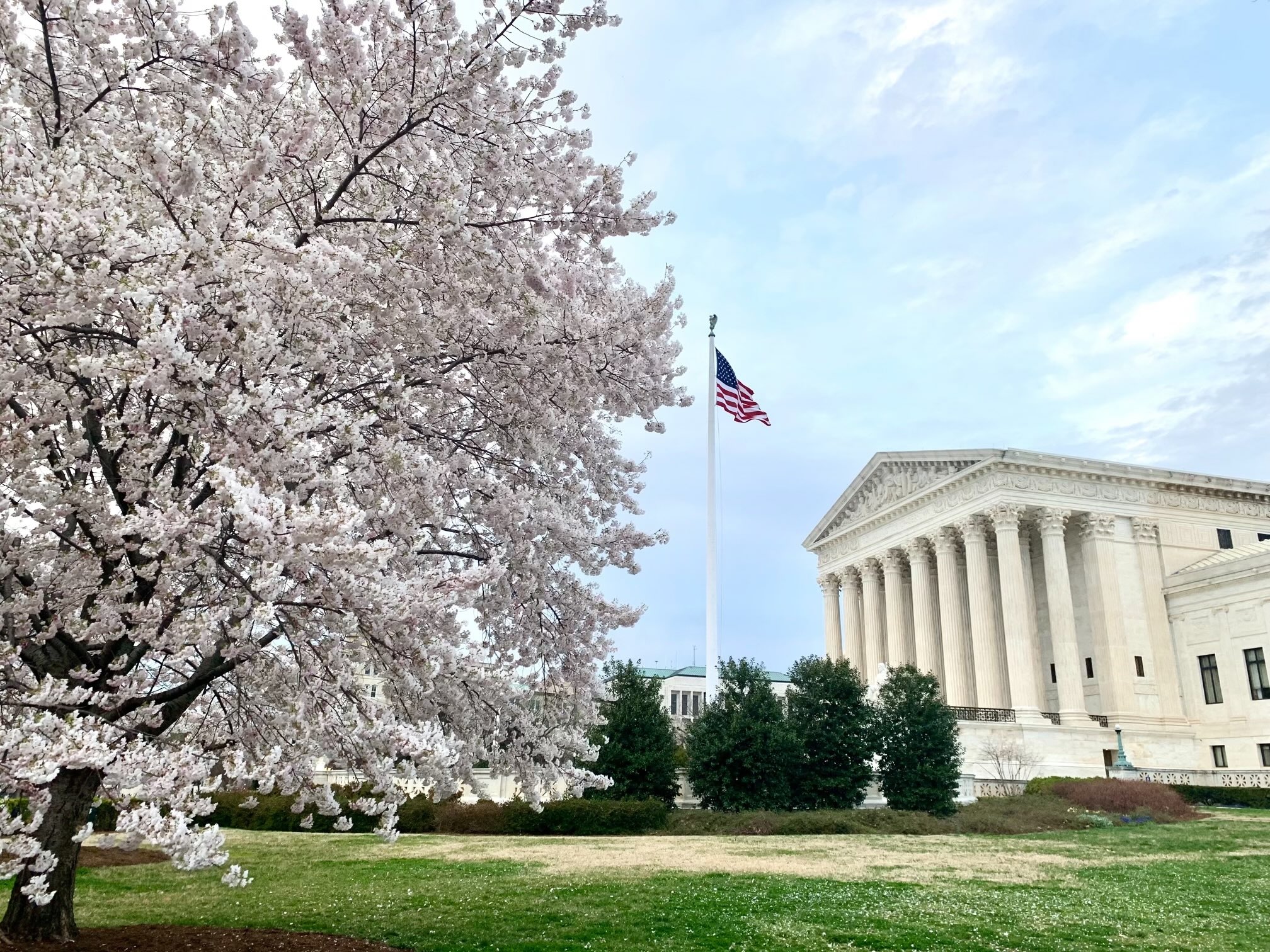Business Coalition Seeks Supreme Court Pause on California’s Climate Transparency Push
Key Takeaways
- Supreme Court Appeal: The U.S. Chamber of Commerce has asked the Supreme Court to pause California’s new climate-reporting laws after lower courts declined to block them.
- Sweeping Disclosure Rules: The laws would require thousands of companies to report direct and indirect emissions and disclose climate-related financial risks beginning as early as next year.
- Business Pushback: Industry groups argue the measures amount to unconstitutional compelled speech that could distort public debate.
- State Estimates vs. Industry Estimates: Regulators expect 2,600 to 4,100 companies to be covered, while the Chamber says the reach could be closer to 5,000.
- Legal Landscape: ExxonMobil has separately sued, and the SEC’s own climate-disclosure rule remains on pause amid litigation.
Deep Dive
California’s sweeping new climate-reporting requirements are headed to the U.S. Supreme Court, as some of the country’s most influential business groups push for an emergency halt before the rules take effect.
On Friday, the U.S. Chamber of Commerce asked the justices to step in after lower courts declined to block two state laws that would require thousands of companies to report detailed emissions data and disclose climate-related financial risks. The Chamber argues the measures amount to compelled speech and violate First Amendment protections.
The laws, signed by Gov. Gavin Newsom in 2023, were designed to make California the national leader in climate transparency. State officials say the disclosures will reveal the real climate impact of major businesses and encourage firms to examine how they can cut emissions. Reporting requirements are expected to begin early next year unless the Supreme Court intervenes.
In its emergency appeal, the Chamber warned that forcing companies to publish emissions and risk assessments would distort public debate. “Without this Court’s immediate intervention,” the filing argues, “California’s unconstitutional efforts to slant public debate through compelled speech will take effect and inflict irreparable harm on thousands of companies across the country.”
One of the contested laws requires companies that generate more than $1 billion annually and operate in California to report their direct greenhouse gas emissions starting in 2026. Indirect emissions, including those linked to distribution, transportation, and employee travel, must be reported beginning in 2027. While the Chamber estimates that roughly 5,000 companies will be covered, California’s Air Resources Board places the number closer to 2,600.
A second law applies to a wider pool of businesses. Companies with annual revenues above $500,000 would need to disclose, once every two years, how climate change could pose financial risks to their operations. Regulators expect more than 4,100 companies to fall within that threshold. Firms that fail to publish required reports could face civil penalties.
The state maintains the laws are constitutionally sound, arguing that commercial disclosure requirements do not receive the same level of First Amendment protection as other forms of speech. California also points to the federal landscape. Although the U.S. Securities and Exchange Commission approved a climate-reporting rule for public companies last year, the SEC has paused that regulation due to ongoing litigation.
With the federal rules stalled and California forging ahead, the Supreme Court is now being asked to decide whether the nation’s largest economy can impose climate-related transparency standards that reach far beyond its borders.
The GRC Report is your premier destination for the latest in governance, risk, and compliance news. As your reliable source for comprehensive coverage, we ensure you stay informed and ready to navigate the dynamic landscape of GRC. Beyond being a news source, the GRC Report represents a thriving community of professionals who, like you, are dedicated to GRC excellence. Explore our insightful articles and breaking news, and actively participate in the conversation to enhance your GRC journey.
Sponsored by






.svg)

.svg)